According to a report by The Wall Street Journal on October 8, Iranian security officials assisted Hamas in planning the surprise attack on Israel on October 7 and made the final decision to authorize Hamas to act at a meeting in Beirut, the capital of Lebanon, on September 25. The newspaper cited information from senior members of the two groups Hamas and Hezbollah.
The specific attack plan was refined in several meetings in Beirut attended by officers of Iran's Islamic Revolutionary Guard Corps (IRGC) and representatives of four groups, including Hamas, the Palestinian political -military organization that holds de facto control in Gaza, and Hezbollah, the Lebanese Shiite political-military organization, the sources said.
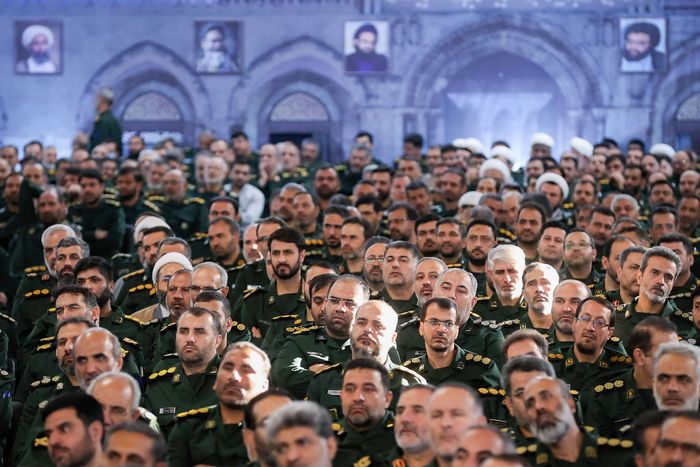
IRGC members attend a conference
According to the sources, leaders of the IRGC's elite Quds Force have been working with these groups at least every two weeks since August to discuss plans to invade Israel by air, land and sea. Quds leader Ismail Qaani is said to have attended several meetings, along with Hezbollah leader Hassan Nasrallah, Palestinian Islamic Jihad (PIJ) leader Ziyad al-Nakhalah, and Hamas military chief Saleh al-Arouri. Iranian Foreign Minister Hossein Amir-Abdollahian also attended at least two meetings, the sources said.
Meanwhile, US officials said they have not seen any evidence of Tehran's involvement. In an interview with CNN aired on October 8, US Secretary of State Antony Blinken said: "We have not seen any evidence that Iran directed or was behind this particular attack, but there is certainly a long-standing relationship."
However, a European official and an adviser to the Syrian government provided similar information to senior members of Hamas and Hezbollah about Iran's role in the October 7 attack, according to The Wall Street Journal .
Asked about the Beirut meetings, Mahmoud Mirdawi, a senior Hamas official, said the group had planned the attack on Israel itself. "This is a decision for the Palestinians and Hamas," he said.
A spokesman for Iran's mission to the United Nations said the country supported Hamas' actions but did not direct them.
Tehran’s direct role, if any, would bring the long-running conflict between Iran and Israel out of the shadows, raising the risk of a wider conflict in the Middle East, observers said. Israel has blamed Iran and said it was behind the attack, albeit indirectly.
"We know that there have been meetings in Syria and in Lebanon with other leaders of the terrorist army that surrounds Israel, so it is clear that they have tried to join hands. Iran's proxies in the region have tried to coordinate as much as possible with Iran," Israel's ambassador to the United Nations Gilad Erdan said on October 8.
Source link







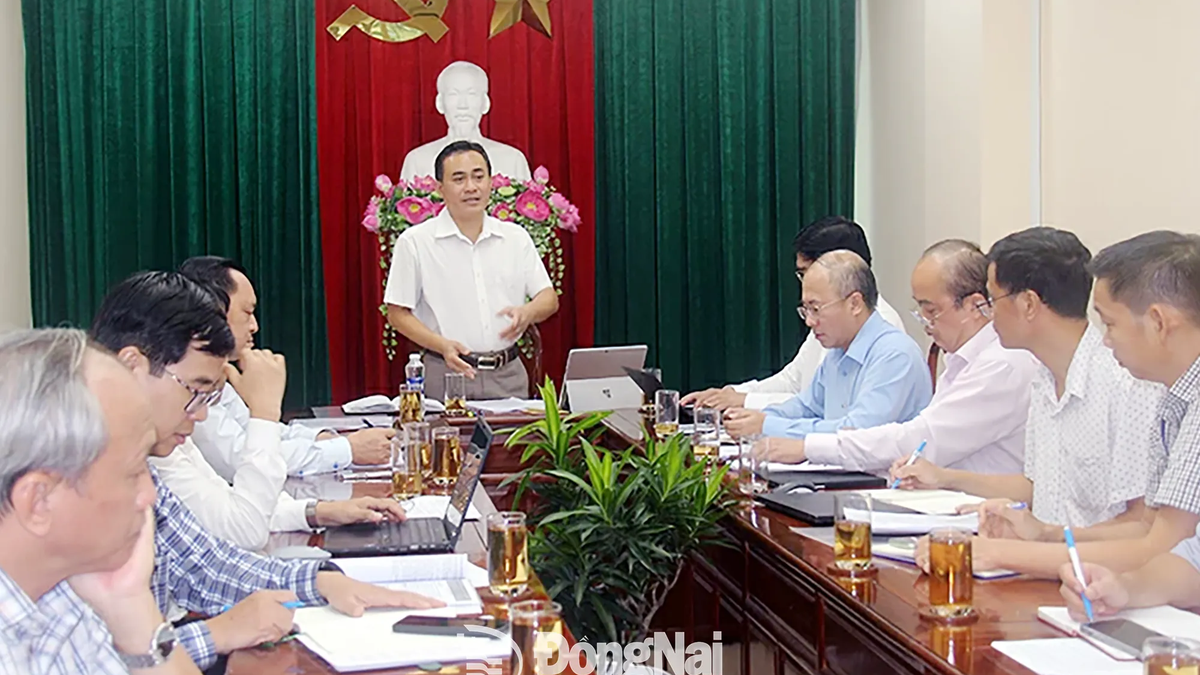
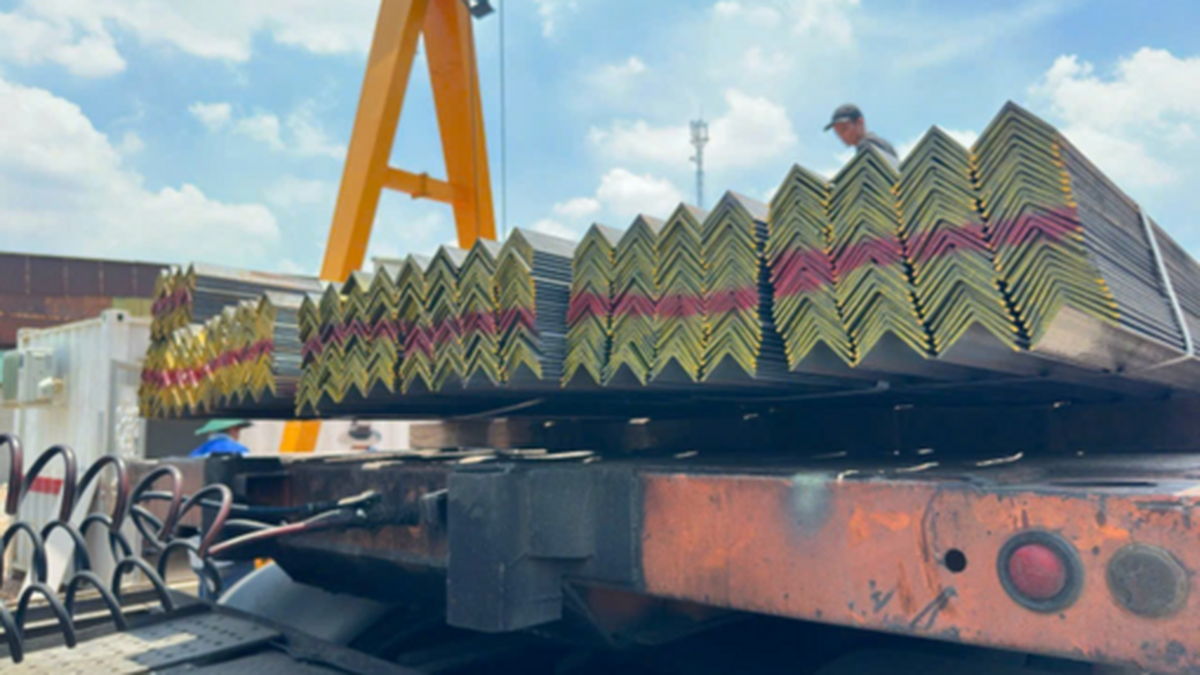
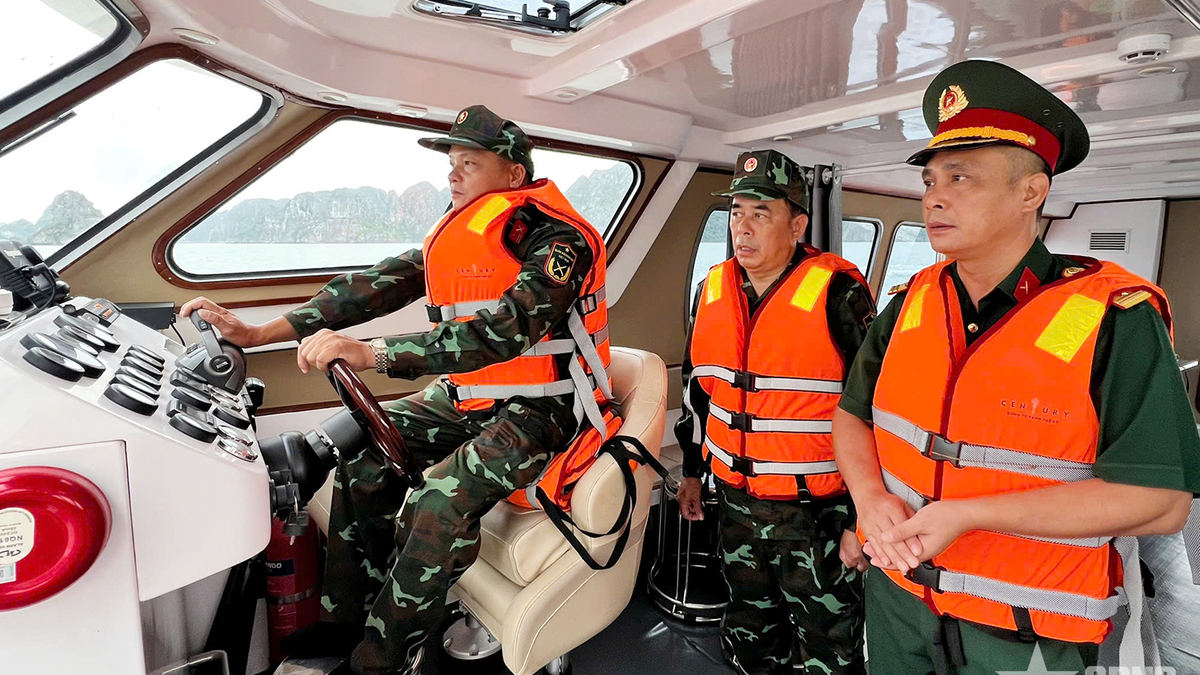

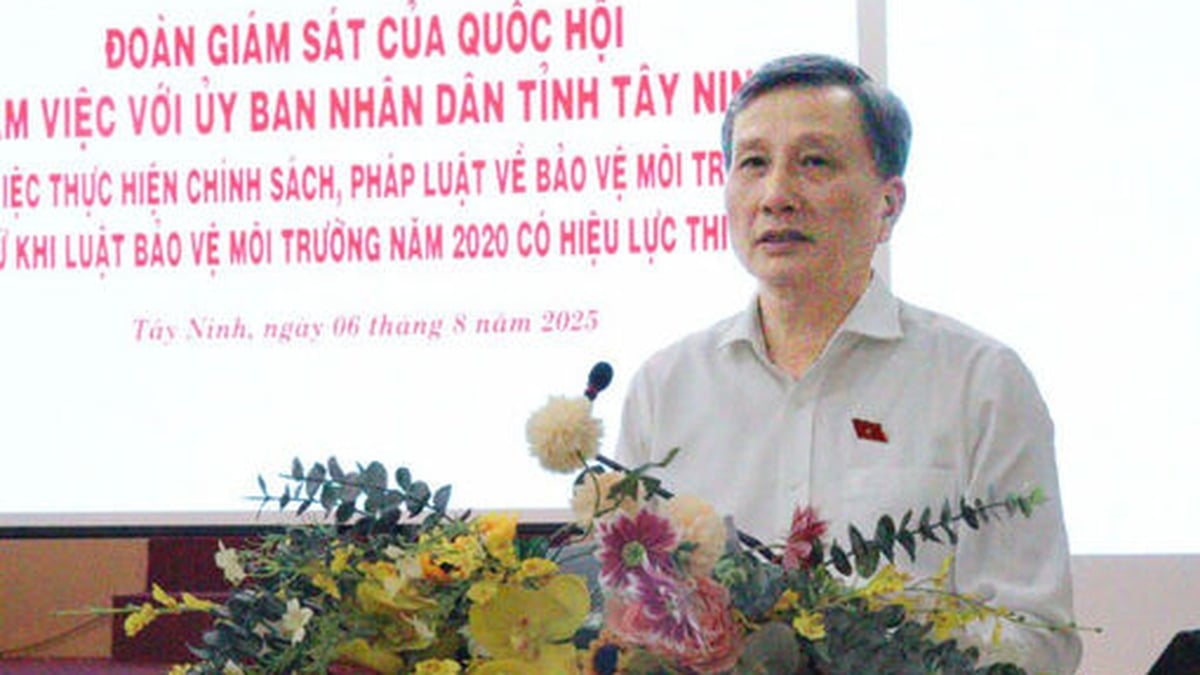











![[Photo] Nghe An: Provincial Road 543D seriously eroded due to floods](https://vphoto.vietnam.vn/thumb/1200x675/vietnam/resource/IMAGE/2025/8/5/5759d3837c26428799f6d929fa274493)


![[Photo] Discover the "wonder" under the sea of Gia Lai](https://vphoto.vietnam.vn/thumb/1200x675/vietnam/resource/IMAGE/2025/8/6/befd4a58bb1245419e86ebe353525f97)



































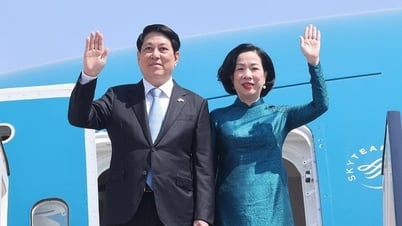


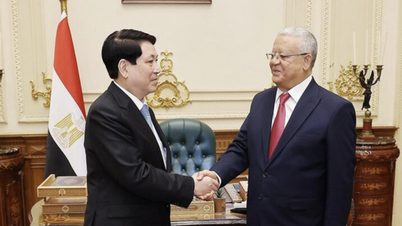






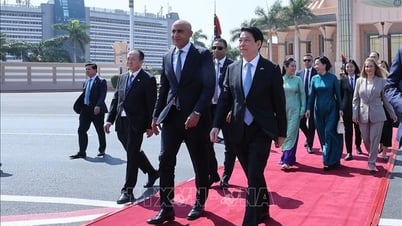

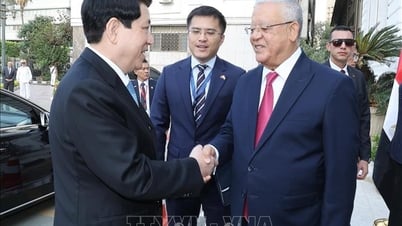
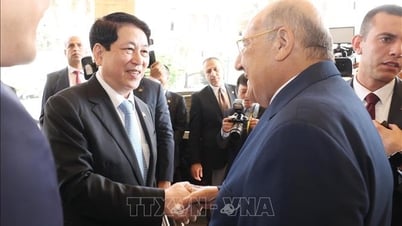




















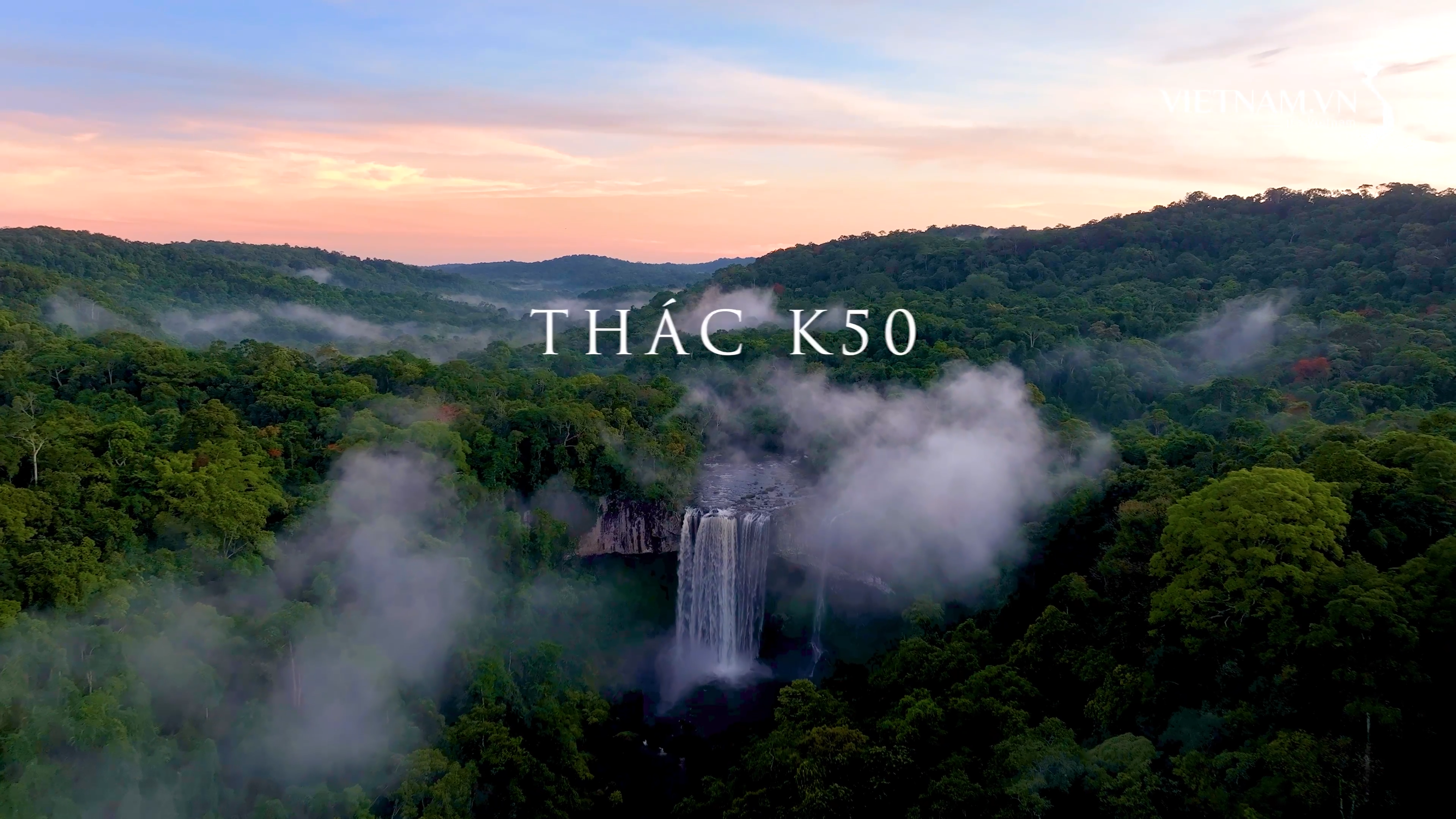
Comment (0)